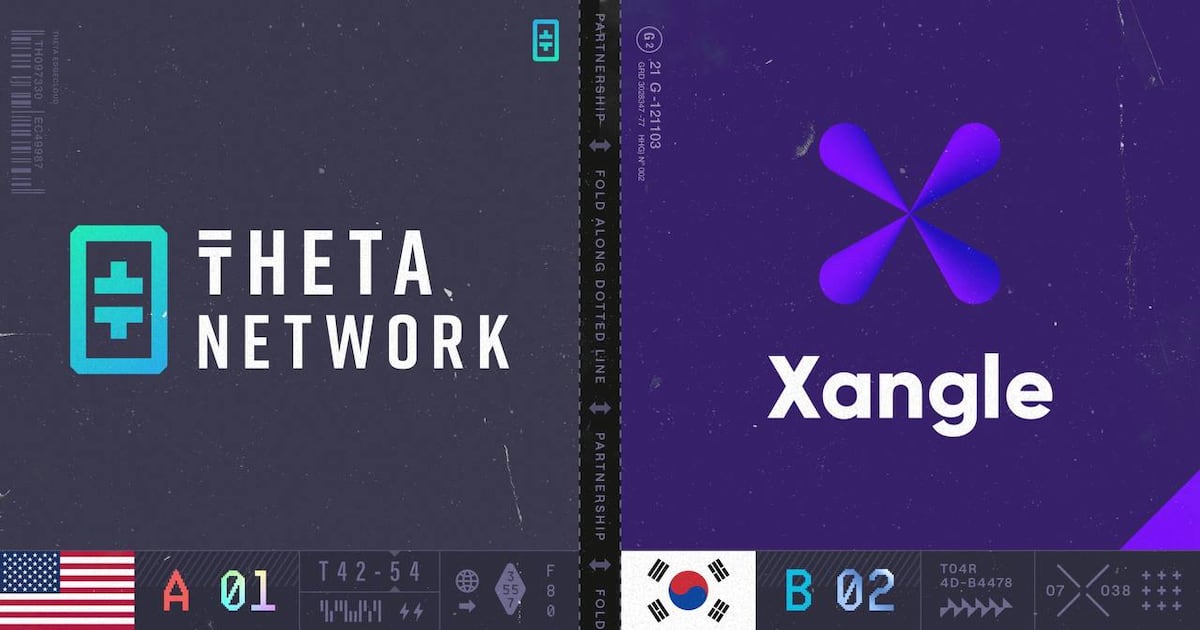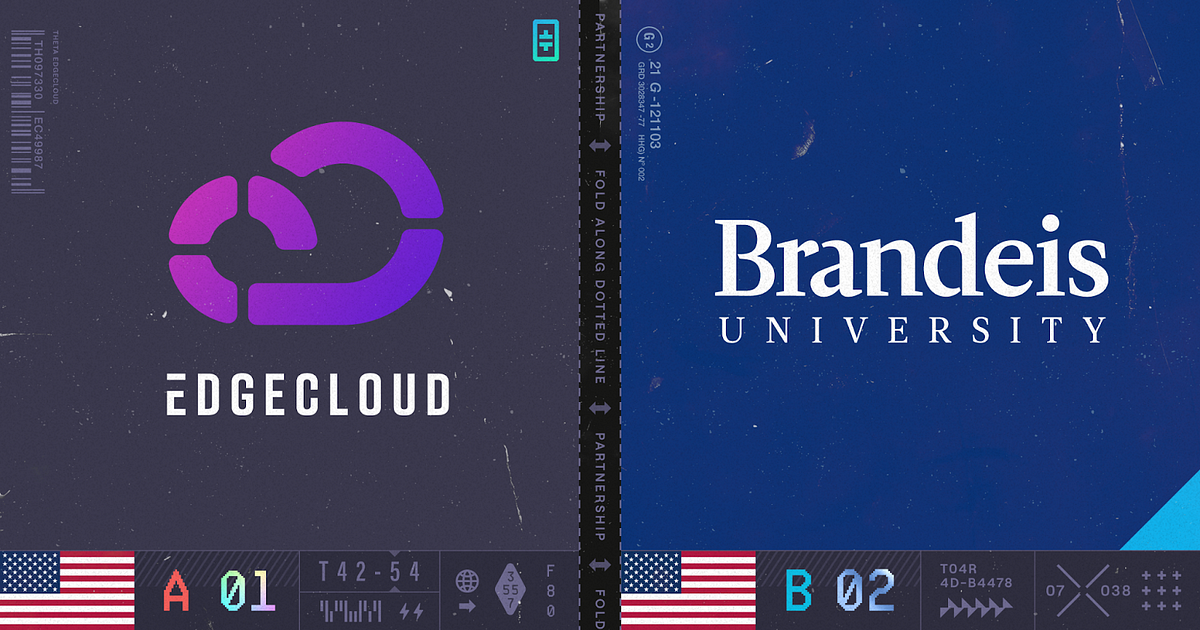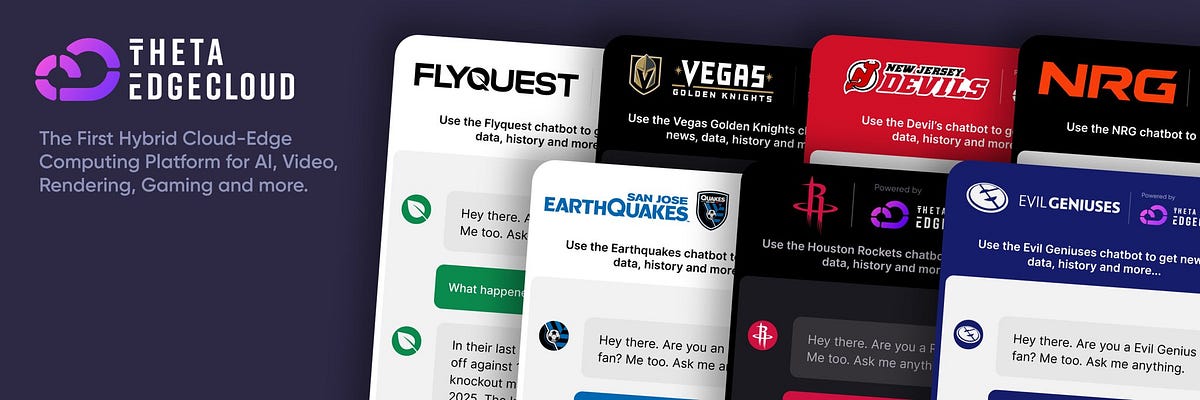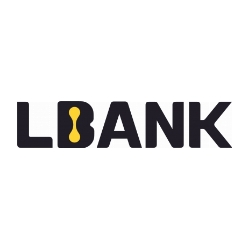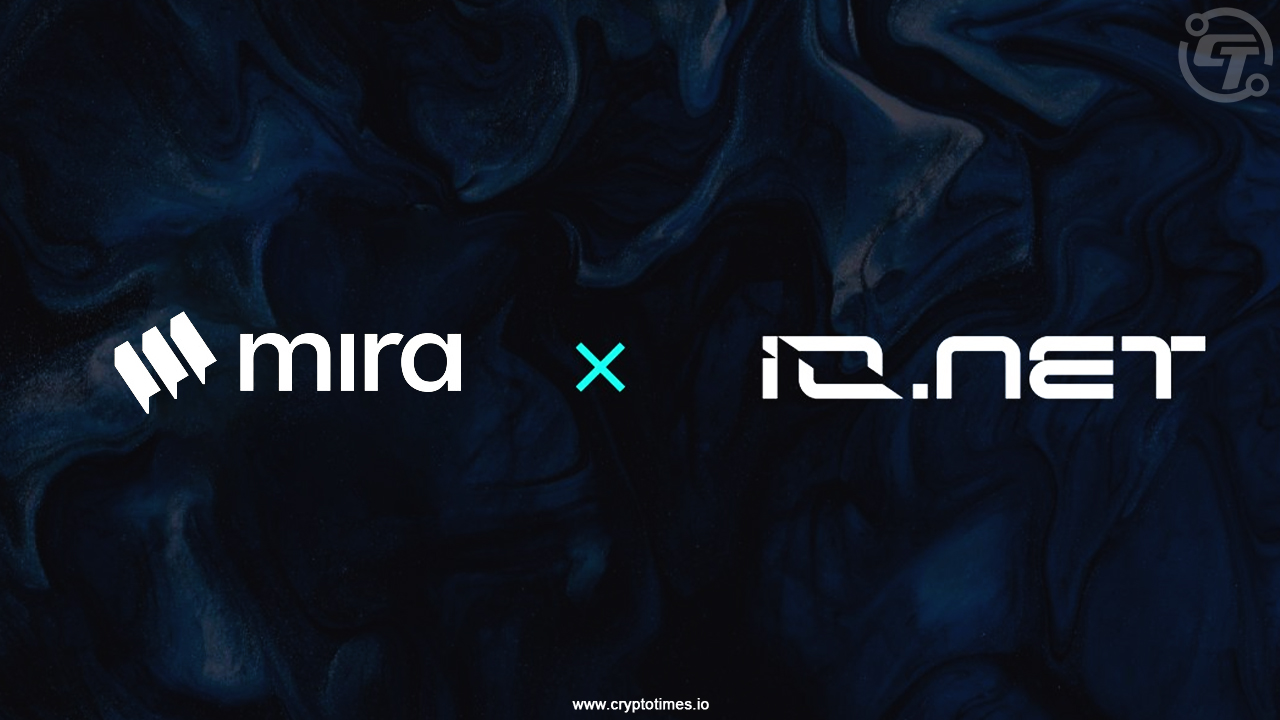Aethir Leverages Ethereum for GPU-as-a-Service Offering

Aethir, a GPU-as-a-service provider, is set to revolutionize the blockchain space by offering its product on the Ethereum network. The company aims to support artificial intelligence developers by allowing them to utilize idle GPU resources from participants, a concept known as decentralised physical infrastructure (DePIN). This approach is gaining significant traction in the blockchain industry, as it replaces traditional centralized infrastructures with a peer-to-peer network, enhancing security and fault tolerance. Aethir’s co-founder, Mark Rydon, emphasizes the importance of DePINs in disrupting current infrastructure solutions and empowering innovation in AI, ML, and cloud gaming. The company’s testnet has already attracted over 500,000 users and received support from major industry players like Nvidia, Super Micro, HPE, and Foxconn.
Related News

